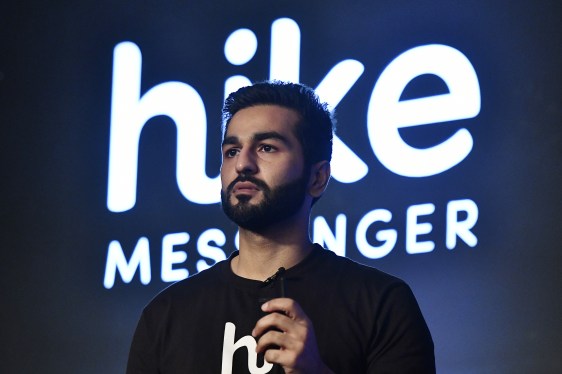Hike, once one of India’s most valuable startups with unicorn status, has become the latest casualty of New Delhi’s recent real-money gaming ban. The company, led by Kavin Bharti Mittal, son of Airtel founder Sunil Bharti Mittal, is now shutting down.
On Saturday, Hike founder Mittal stated that the startup’s U.S. business, which launched nine months ago, was off to a strong start. However, he said scaling it globally would require a full recap and a reset, which he deemed not the best use of capital or time.
Initially launched as an instant messaging app rivaling WhatsApp in 2012, Hike pivoted to real-money gaming in recent years. Its primary platform, Rush, offered casual games like carrom and ludo for cash prizes following the shutdown of Hike Messenger in 2021. Mittal said Rush attracted over 10 million users and generated more than $500 million in gross revenue over its four-year run.
Storied investors including Tiger Global, SoftBank, and Tencent backed Hike’s early ambition to take on WhatsApp with a youth-focused messaging app. The startup was valued at $1.4 billion in 2016.
Mittal explained the decision in a Substack post, writing that while the company could raise capital, the real question was whether the pivot was a climb worth taking. For the first time in 13 years, his answer was no, a conclusion he believed was shared by his team and investors.
Last month, the Indian government shocked the twenty-three billion dollar real-money gaming industry by introducing the Promotion and Regulation of Online Gaming Act of 2025, which imposed a blanket ban on such platforms. The federal government said the decision was aimed at addressing incidents of harm, including cases where individuals reportedly died by suicide after losing money in these games.
In response, top industry players including Dream Sports and Mobile Premier League began shutting down their real-money gaming operations in India. Some started pivoting to new ventures like micro-dramas and financial services, while others began exploring international markets to keep parts of their gaming businesses alive.
The crackdown has also triggered a wave of layoffs, with around 2,000 job losses reported across companies like Games24x7, Head Digital Works, MPL, and Zupee. Some are planning to cut up to 90 percent of their workforce as they attempt to adapt or exit the space.
Some venture capital firms backing these startups have also questioned their founders on whether there had been any early signs of regulatory action and, if so, why no steps were taken to mitigate the impact.
Earlier this week, the Indian Supreme Court transferred all petitions challenging the new law from multiple state courts across the country. The rules of the act have yet to be notified, and the top court has not yet begun hearing the matter.
Mittal reflected on the outcome, calling it both a disappointment and a hard outcome. He chooses to look on the bright side, stating that the learnings are invaluable and his conviction for what comes next is even stronger.

